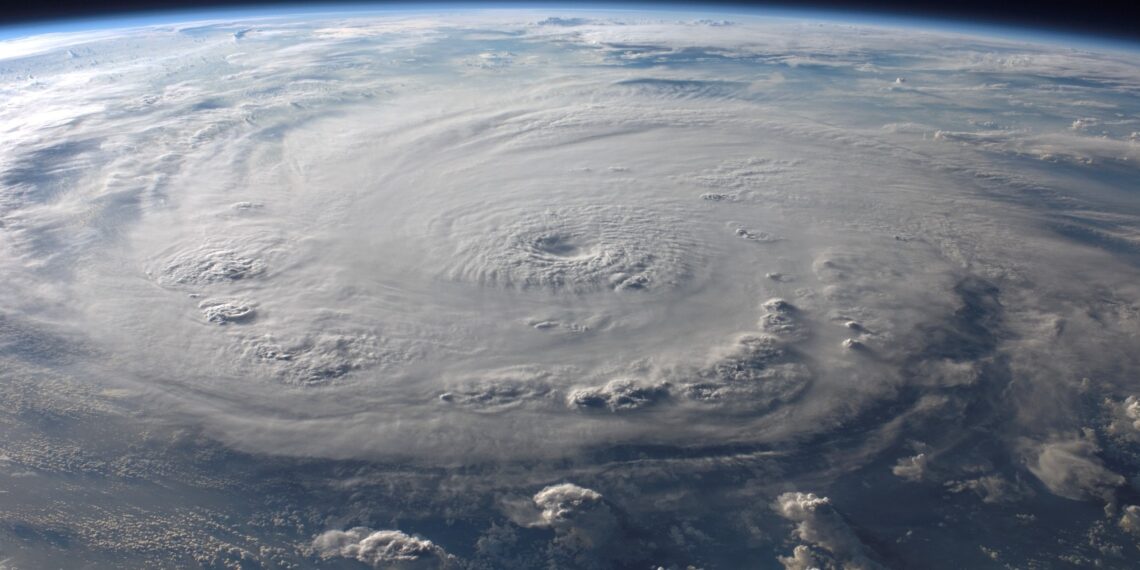Artificial intelligence (AI) is revolutionizing industries worldwide, and weather forecasting is no exception. Recent publications in Nature highlight the potential of two new AI forecasting approaches that can provide faster and more accurate results compared to traditional models. Pangu-Weather, developed by Huawei Technologies, accurately forecasts various global weather variables and is even slightly more accurate than leading weather centers. Another AI system, NowcastNet, specializes in short-term rainfall prediction and outperforms many competitors.
Conventional weather prediction systems rely on complex equations to describe the physics of current weather systems. In contrast, AI models learn to recognize patterns from historical weather data, and to make predictions for present-day conditions. This approach has the advantage of computational speed, potentially yielding immense benefits. However, AI systems may face challenges when it comes to simulating extreme weather events caused by climate change. As the planet warms, these events become more intense and less common, perhaps non-existent, in the historical record, making it difficult for AI models to accurately forecast them.
Experts acknowledge the progress made by AI models like Pangu-Weather and NowcastNet, but caution that the behavior of AI systems can be unpredictable when faced with unprecedented conditions. Additionally, evaluating the performance of AI models in a warming climate is still an unexplored area of research. Hybrid models that combine AI and numerical components may be more effective in capturing extreme events, while AI-driven models may encounter difficulties.
As researchers continue to develop AI weather models, it is crucial to assess their performance not only in routine forecasts but also in high-impact events caused by climate change. AI models have considerable potential, but they may not completely replace conventional approaches. Numerical models and AI models might offer different strengths, and human experience will continue to play a valuable role in synthesizing and communicating weather information.
Overall, AI weather forecasting is an evolving field with promising advancements. While challenges remain, it is crucial to consider the strengths and limitations of AI models as researchers strive to improve weather prediction capabilities.
The whytry.ai article you just read is a brief synopsis; the original article can be found here: Read the Full Article…





